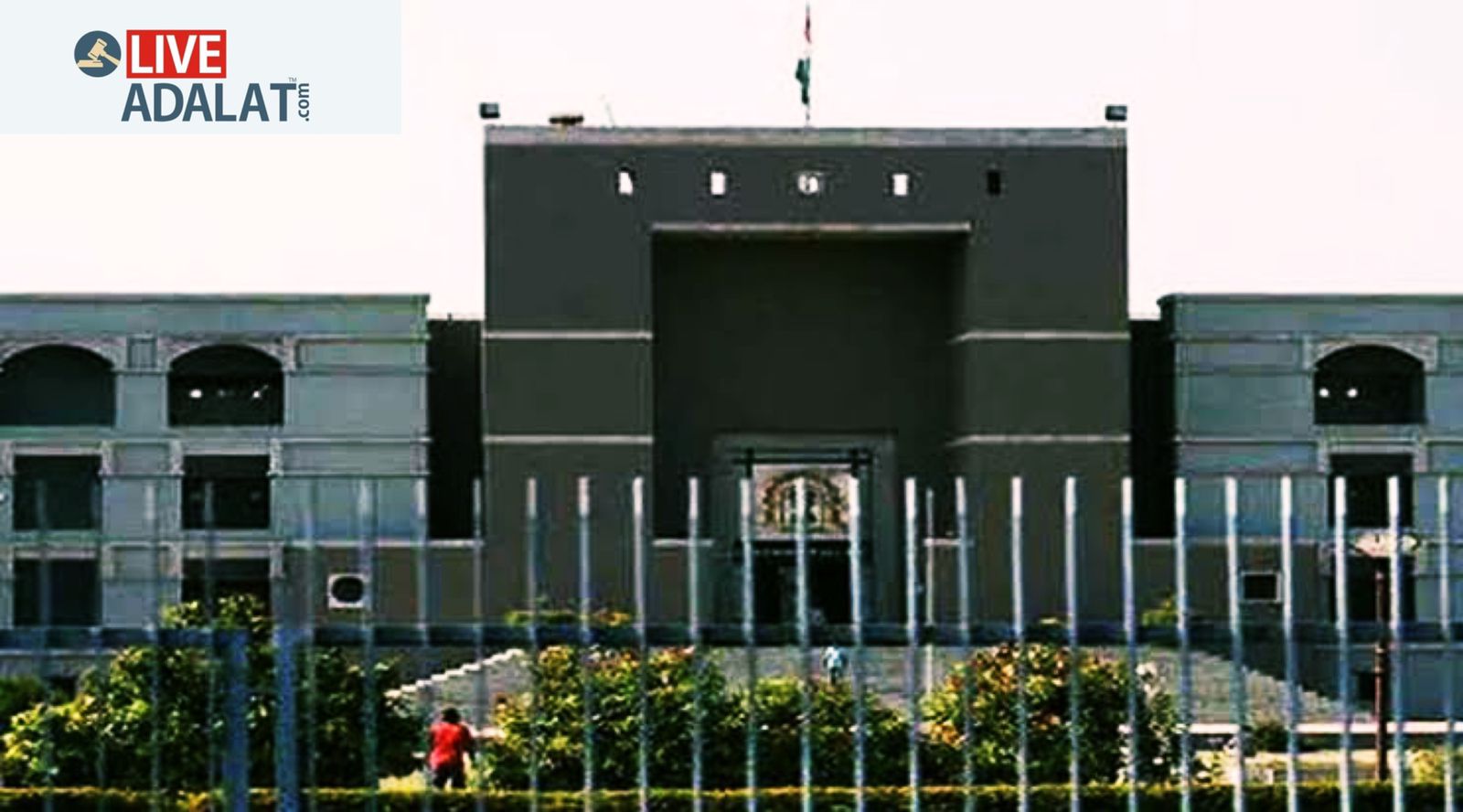A bench of Judges, comprising Chief Justice Vikram Nath and Justice Biren Vaishnav, passed an interim order protecting the people from unnecessary harassment, applying the order to Sections 3,4, 4A to 4C, 5,6 and 6A of the Gujarat Freedom of Religion (Amendment) Act, 2021.
Section 5 of the order states that religious priests must take prior permission from the District Magistrate for converting any person for marriage. Also the person who gets converted needs to “send an intimation” to the DM in a prescribed form.
Pradipsinh Jadeja, State Home and Law Minister, said that the “Anti-Love Jihad law” was brought in “as a weapon to destroy the jihadi forces that abuse our daughters”. He said that the State Government would challenge the HC order in the Supreme Court.
The Gujarat Freedom of Religion (Amendment) Act,2021 was notified by the BJP-led state government on June 15.
The anti-conversion law was amended this year to bring in new sections that penalise forcible or fraudulent religious conversion through marriage. The State Government said, the law was meant to stop religious conversion through interfaith marriages, giving examples of several incidents of alleged conversions through marriages. As per Section 4, people found guilty of marrying forcefully and violating the provisions of Section 3 will face up to three years of imprisonments and a fine of ₹50,000. If the victim is a minor, a woman or from SC or ST community, then the jail term will be four years with a fine of rupees one lakh.
State Advocate General Kamal Trivedi told the court that “there was no ban on interfaith marriages in the State but defended the new law saying that marriages cannot be the tool for forceful conversion.”
Mr. Trivedi also said that there should be no fear about the provisions of the law.
“Since there is a stay on Section 5, no one will come for permission even if it’s a voluntary conversion without marriage, It is meant for such propositions where everything is done willingly. This order means the whole law now stands stayed,” said Trivedi.
“The other sections which have been stayed are related to marriage, while section 5 is for legal voluntary conversion. Under that section, if someone goes to the priest, the priest has to take permission. It deals with lawful conversion. Why should a section dealing with lawful conversion be stayed,” he said.
The bench said, “ We are of the opinion that pending further hearing, rigours of Section 3,4,4A to 4C, 5,6 and 6A shall not operate merely because the marriage is solemnised by a person of one religion with another religion without force, allure meant or fraudulent means, and such marriages cannot be termed as marriage for the purpose of unlawful conversion.”

